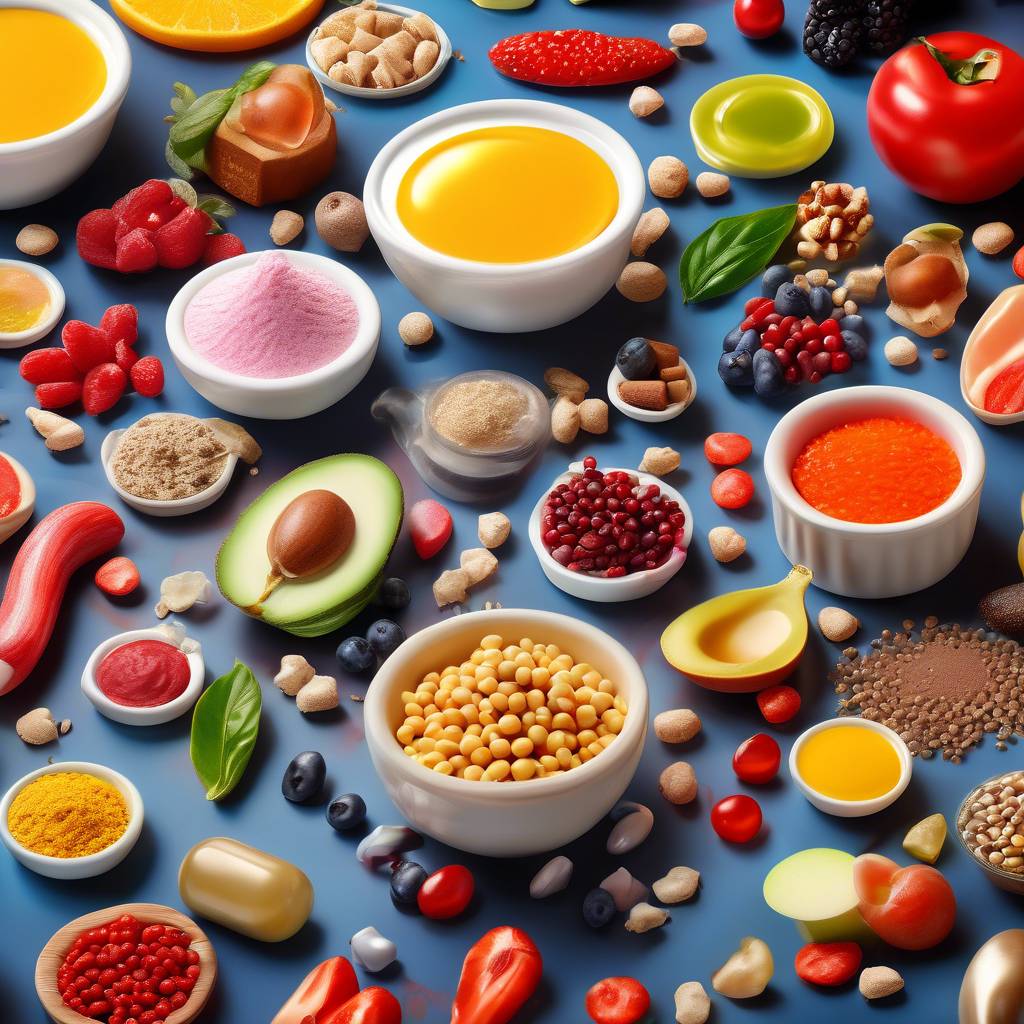Around the globe, an estimated 530 million adults are living with diabetes, with type 2 diabetes accounting for 98% of cases. Lifestyle choices such as following an unhealthy diet rich in ultra-processed foods can increase an individual’s risk of developing this condition. French researchers have pinpointed seven food additive emulsifiers commonly found in ultra-processed foods that may be associated with an increased risk of type 2 diabetes. These additives are frequently used to enhance the appearance, taste, and texture of packaged foods, as well as to extend shelf life and facilitate mixing of oil-based and water-based substances. The study, published in The Lancet Diabetes & Endocrinology, analyzed data from over 104,000 French adults participating in the NutriNet-Santé web-cohort study between 2009 and 2023.
The study found that moderate consumption of ultra-processed foods, which often contain high levels of sugar, fat, salt, and food additives, can heighten the risk of developing type 2 diabetes. Researchers identified seven specific food additive emulsifiers that were associated with an increased risk of type 2 diabetes. These additives include tripotassium phosphate, guar gum, xanthan gum, mono- and diacetyltartaric acid esters of mono- and diglycerides of fatty acids, sodium citrate, carrageenans, and gum arabic. Importantly, some of these emulsifiers were present in foods often marketed as healthy, such as plant-based light margarines, certain types of bread, plant-based milks, and flavored yogurts, underscoring the challenge of avoiding these additives even for individuals with more favorable dietary habits.
The research team from the National Research Institute for Agriculture, Food and Environment (INRAE) and the National Institute of Health and Medical Research (INSERM) in France aims to delve deeper into the mechanisms behind the association between food additive emulsifiers and type 2 diabetes risk. The long-term goal is to understand how these additives may impact inflammation, gut microbiota, and metabolic processes in the body. Further investigations will explore the health implications of additive mixtures and potential ‘cocktail effects’ that could exacerbate the risk of developing type 2 diabetes. The study underlines the need for more research examining the impact of food additives on metabolic health and calls for increased government regulation and consumer awareness around the risks associated with ultra-processed foods.
Registered Dietitian Nutritionist Monique Richard emphasizes the complex nature of type 2 diabetes, pointing to numerous contributing factors including genetics, lifestyle choices, and dietary habits. While these findings suggest a potential link between food additive emulsifiers and increased type 2 diabetes risk, Richard stresses the importance of a multifaceted approach to diabetes prevention and management. Encouraging individuals to focus on consuming real, whole foods rather than processed or packaged products may help mitigate the intake of harmful additives. Dr. Pouya Shafipour, a board-certified family and obesity medicine physician, echoes the importance of prioritizing natural sources of nutrients and minimizing consumption of processed foods to support overall metabolic health and reduce the risk of type 2 diabetes.
As consumers navigate the grocery aisle, Richard advises vigilance in reading food labels to understand the composition of products and make informed choices. Monitoring the frequency and quantity of packaged and ultra-processed foods in favor of whole, nutrient-dense options like fruits, vegetables, whole grains, and lean proteins is key to optimizing health outcomes and reducing exposure to potentially harmful additives. Seeking guidance from a Registered Dietitian Nutritionist can provide personalized recommendations for dietary modifications and empower individuals to make more informed decisions about their food choices. By raising awareness about the impact of food additives on metabolic health, consumers can take proactive steps to prioritize whole, natural foods and minimize their consumption of ultra-processed products containing potentially harmful emulsifiers associated with an increased risk of type 2 diabetes.









